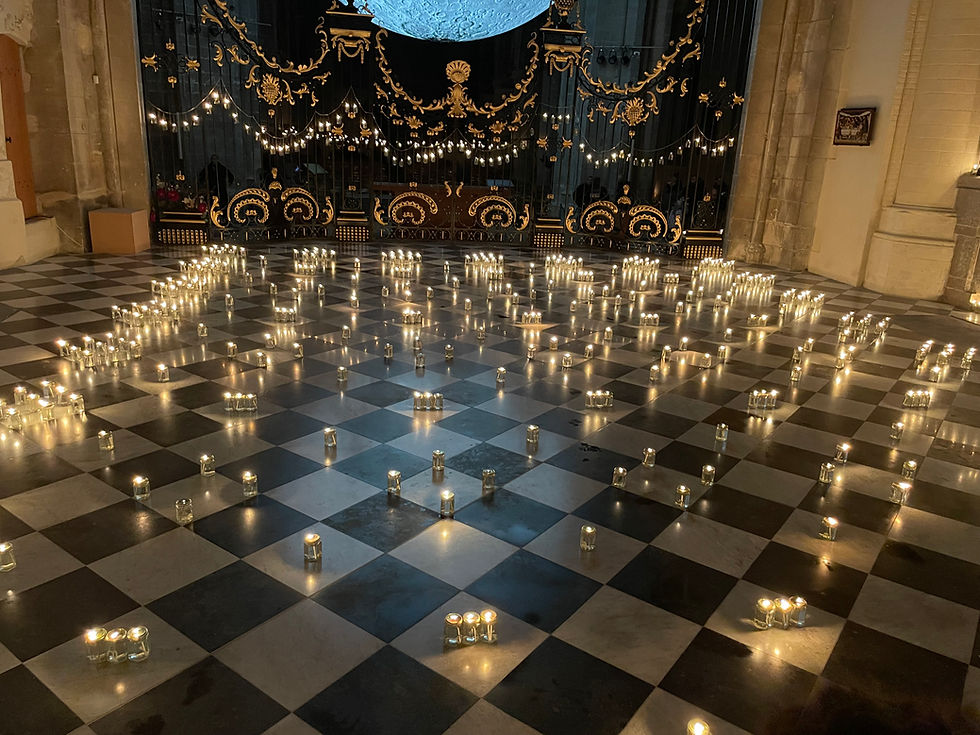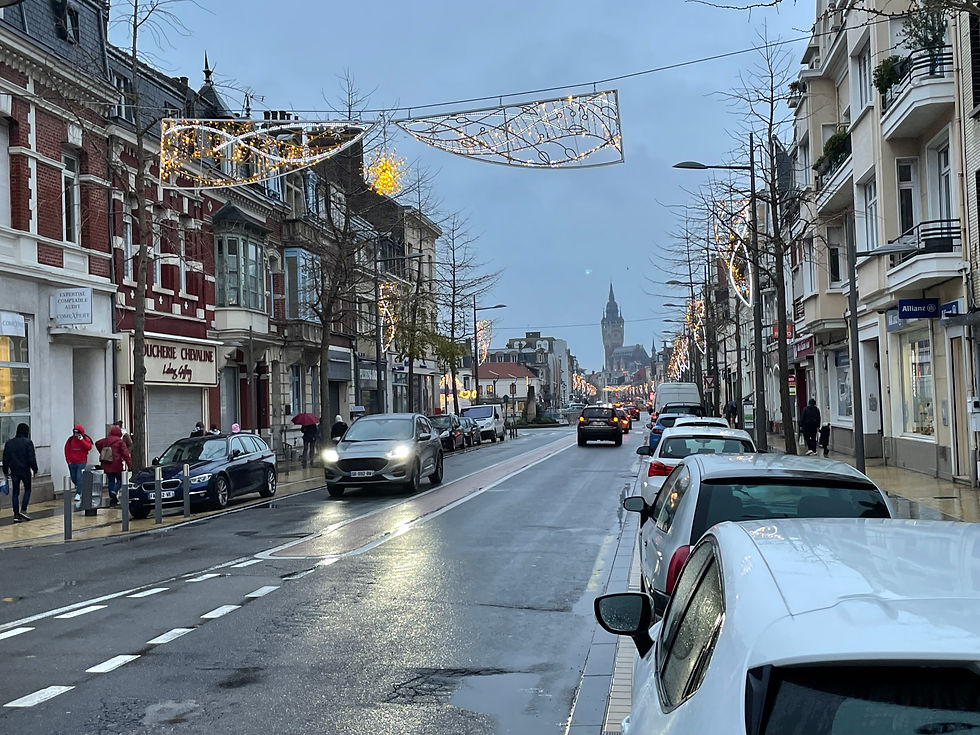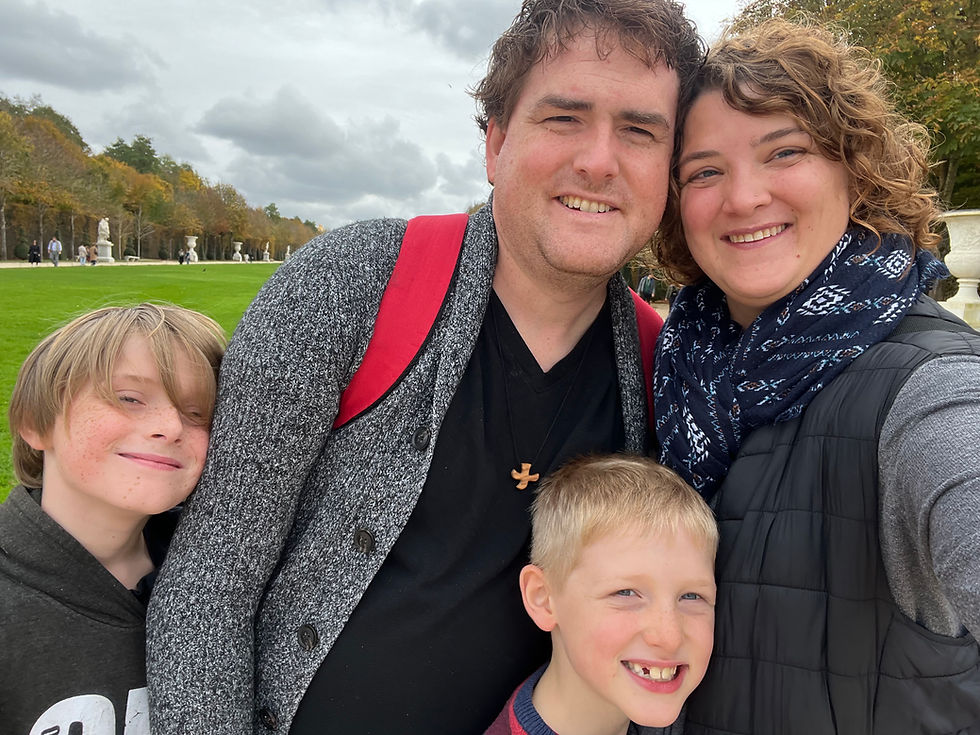A Refugee from Heaven
- Joseph Givens
- Dec 11, 2023
- 3 min read
Merry Christmas, my friends.

We enter the Christmas season with an expectation. It’s an expectant waiting for the Son of God to make his appearance among us. This is one of the many important aspects of Advent, and we know that our hope and expectations are not in vain. Jesus will come, and justice will reign on earth.
And yet, it’s easy to become discouraged.
Sometimes (most times, if I’m being honest), I don’t believe in his coming. Or at least I don’t act like I do. Every day I find something to complain about and to worry about. I choose judgment, either for myself or others. I choose to live with anxiety and fear, taking the full burden upon my own shoulders.
Not only that, but I worry about the state of the world and of society. I see the poor being blamed for societal ills, being shamed for being poor. I see the immigrant being mocked or called an intruder, and I see much fear-mongering and hate directed toward them. It’s easy to become overwhelmed with anger and despair. I say, “Where is the promise of his coming? After all, nothing has changed—not since the beginning of creation, nor even since the ancestors died” (2 Peter 3:4, Common English Bible). I forget the promise he has given us saying, “The Lord isn’t slow to keep his promise, as some think of slowness, but he is patient toward you, not wanting anyone to perish but all to change their hearts and lives” (2 Peter 3:9, CEB).

I live in a place of waiting. I live and work among women and men who are living with a sense of expectation, a sense that their lives will not continue in fear and desperation, feelings that they have experienced for much of their lives. They are in a place of waiting, waiting for a better time and a better life for themselves and their children. These people have braved hardships that we in the West can’t even imagine. They have made their way across deserts, mountains, seas, and they have come to this place in France called Calais. And here they wait, some for days, many for months, some for years.
This is a reminder to us of the young refugee family that lived 2,000 years ago. They were on the move, their baby was born in a stable. Later they fled to the land of Egypt, in fear of a corrupt and violent king. And there they waited.
And the child of that refugee family grew up to become the Salvation of the world, taking the full burden of the evils and pain and oppression and darkness upon his shoulders. He died on a cross, treated as a common criminal. Then he was placed in a tomb, and his friends and family thought the story was over. And they waited.
And then, in a triumphant day, the man awoke, raised from the dead. He presented himself to his friends, promising that he had conquered death once and for all. He spent time with them, teaching them and encouraging them. Then, one day on a hill, he was called up to the sky, disappearing among the clouds. But he promised he would be back, telling his friends to spread the Good News of freedom from evil and oppression to the ends of the earth. And now we wait.

We wait for the time when he will return and the world will be set right, they way that God originally intended. But we do not sit idly by while we wait. Rather, with an excited sense of expectation, we spread the Good News of his Kingdom, seeking to right the wrongs in the here and now, praying for the day when the world will be made whole. This is an imperfect time when evil and suffering reign on earth, but we know in our hearts that they will not prevail in the end. We serve the King of the Kingdom, and we wait for the day that we will see him face to face.
That is the hope of Christmas. The waiting is hard, but the waiting can also be beautiful.




Comments